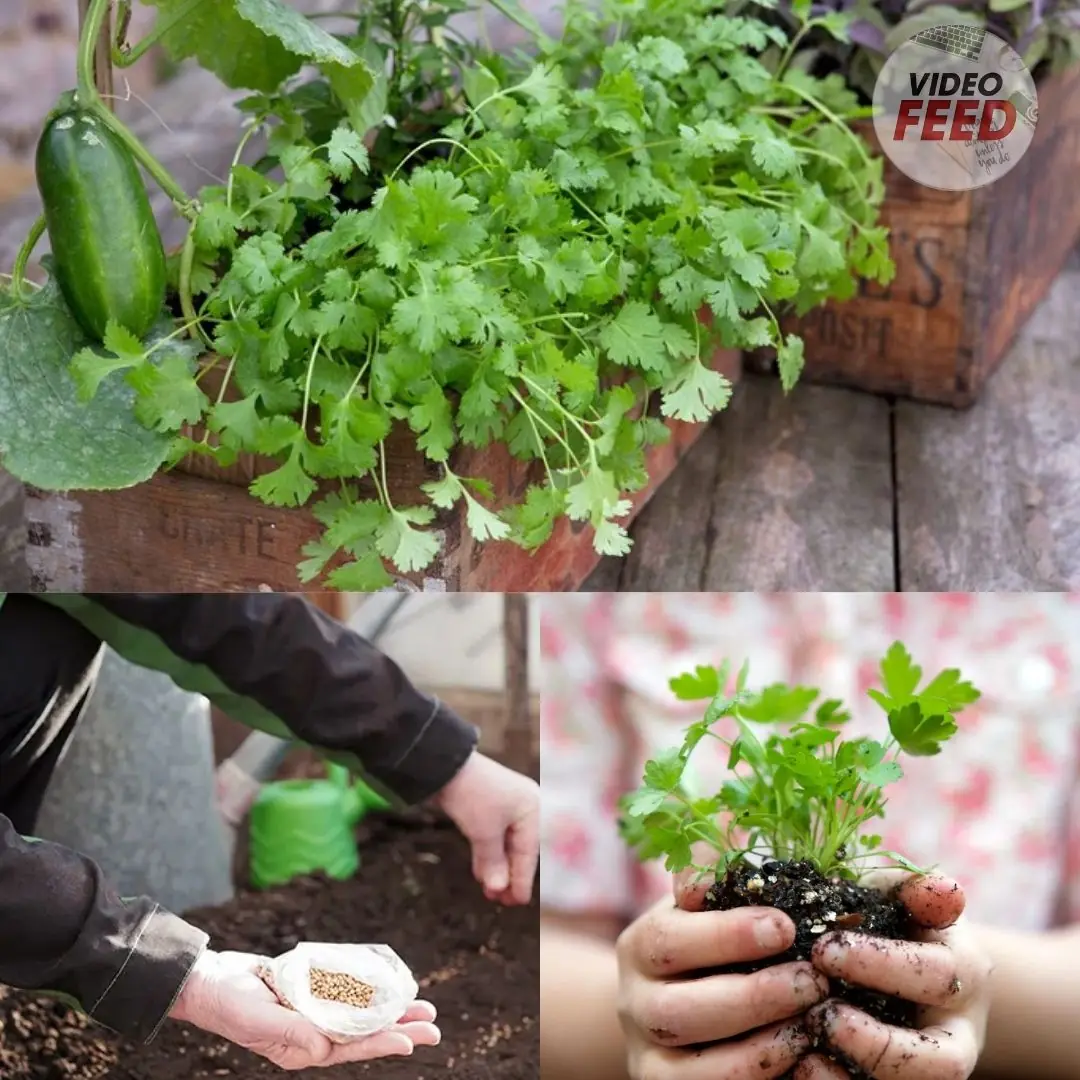
10 Brilliant Uses For Eggshells In Your Garden

Eggshells are a common kitchen waste that can be transformed into a highly effective and sustainable garden tool. Instead of tossing them in the trash, why not use them to improve the health of your garden? These humble shells are packed with beneficial minerals like calcium and other trace elements, making them perfect for a wide range of gardening uses. Here are 10 brilliant ways to use eggshells in your garden!
1. Soil Conditioner
Eggshells are rich in calcium, which is an essential nutrient for plants. Calcium helps plants build strong cell walls, which are crucial for their overall health and development. Crushed eggshells can be added directly to the soil to improve its texture and increase calcium levels. This is especially beneficial for plants like tomatoes, peppers, and eggplants that are prone to calcium deficiency.
-
How to Use: Crush eggshells and sprinkle them around the base of your plants or mix them into the soil during planting. Over time, they will break down and release calcium into the soil.
2. Natural Pest Repellent
Eggshells are an effective, eco-friendly way to deter pests such as slugs, snails, and cutworms. The sharp edges of crushed eggshells create a barrier around your plants that pests find difficult to cross.
-
How to Use: Crushed eggshells can be scattered around the perimeter of your plants or garden beds. The sharp edges will deter pests from crawling over them, protecting your plants.
3. Compost Booster
Eggshells are a great addition to your compost pile. They are a source of calcium and other minerals that enrich the compost, helping to improve the overall quality of your compost mixture. Additionally, eggshells help balance the pH levels of compost, making it more neutral and beneficial for plants.
-
How to Use: Simply crush the eggshells and add them to your compost pile. This will help balance the compost and provide your plants with the nutrients they need once it’s broken down.
4. Seed Starter Pots
Eggshells can be used as biodegradable seed starter pots, making them a perfect choice for starting seedlings indoors or in a greenhouse. The eggshell provides a natural and eco-friendly alternative to plastic pots, and the calcium in the eggshells will benefit the seedlings once they’re transplanted into the garden.
-
How to Use: Crack the top of the egg and remove the contents. Fill the empty shell with potting soil, then plant your seeds. Once the seedlings are ready to transplant, you can plant them directly in the soil, eggshell and all. The eggshell will break down, providing nutrients to the growing plant.
5. Fertilizer for Plants
In addition to calcium, eggshells contain trace amounts of other essential minerals like magnesium, potassium, and phosphorus. These nutrients can help boost the overall health of your plants. Crushed eggshells can be used as a natural, slow-release fertilizer.
-
How to Use: Sprinkle crushed eggshells around the base of your plants or mix them into the soil. The nutrients will gradually be released as the eggshells break down.
6. Prevent Blossom End Rot in Tomatoes
Blossom end rot is a common problem for tomatoes, cucumbers, and peppers, often caused by a calcium deficiency. By adding eggshells to your garden, you can help prevent this issue by providing the plants with the calcium they need to form strong cell walls and prevent blossom end rot.
-
How to Use: Crush eggshells and sprinkle them around the base of your tomato plants. You can also add them directly to the planting hole before you transplant your seedlings.
7. Keep Cats Out of the Garden
Cats often love to dig up garden beds, especially when they’re looking for a place to relieve themselves. Crushed eggshells can help keep these furry intruders at bay, as cats don’t like walking on the sharp edges of the shells.
-
How to Use: Scatter crushed eggshells around the perimeter of your garden beds or in areas where cats tend to dig. This will discourage them from entering and digging in your soil.
8. Improve Drainage in Containers
If you’re planting in pots or containers, you can use eggshells to improve drainage and prevent waterlogging. The crushed eggshells will help create small pockets of air in the soil, allowing water to drain more efficiently and preventing root rot.
-
How to Use: Place a layer of crushed eggshells at the bottom of your pots before adding soil. This will create better drainage and ensure that your plants have healthy roots.
9. Fight Fungal Diseases
Eggshells can help prevent fungal diseases in your garden. When mixed into the soil or sprinkled on top, eggshells provide a natural, non-toxic way to control the spread of fungus and mold in your garden, especially in damp conditions.
-
How to Use: Sprinkle crushed eggshells around your plants or incorporate them into the soil to help prevent fungal infections and promote healthy plant growth.
10. Increase Soil pH for Acid-Loving Plants
While eggshells are great for neutralizing soil that’s too acidic, they can also help slightly raise the pH of soil for plants that thrive in a more alkaline environment. This makes them an excellent choice for gardens with plants that need slightly less acidic conditions.
-
How to Use: If your soil is too acidic for your plants, add crushed eggshells to help balance the pH. Just be sure to test your soil first, as eggshells are slow to break down and will gradually raise the pH over time.
Conclusion
Eggshells are an incredible, eco-friendly addition to any garden. They provide essential nutrients, improve soil structure, repel pests, and even help with seed starting. By incorporating eggshells into your gardening routine, you can reduce waste, save money, and enhance the health and growth of your plants. Whether you're a beginner or an experienced gardener, these 10 brilliant uses for eggshells will help you get the most out of your garden!
News in the same category

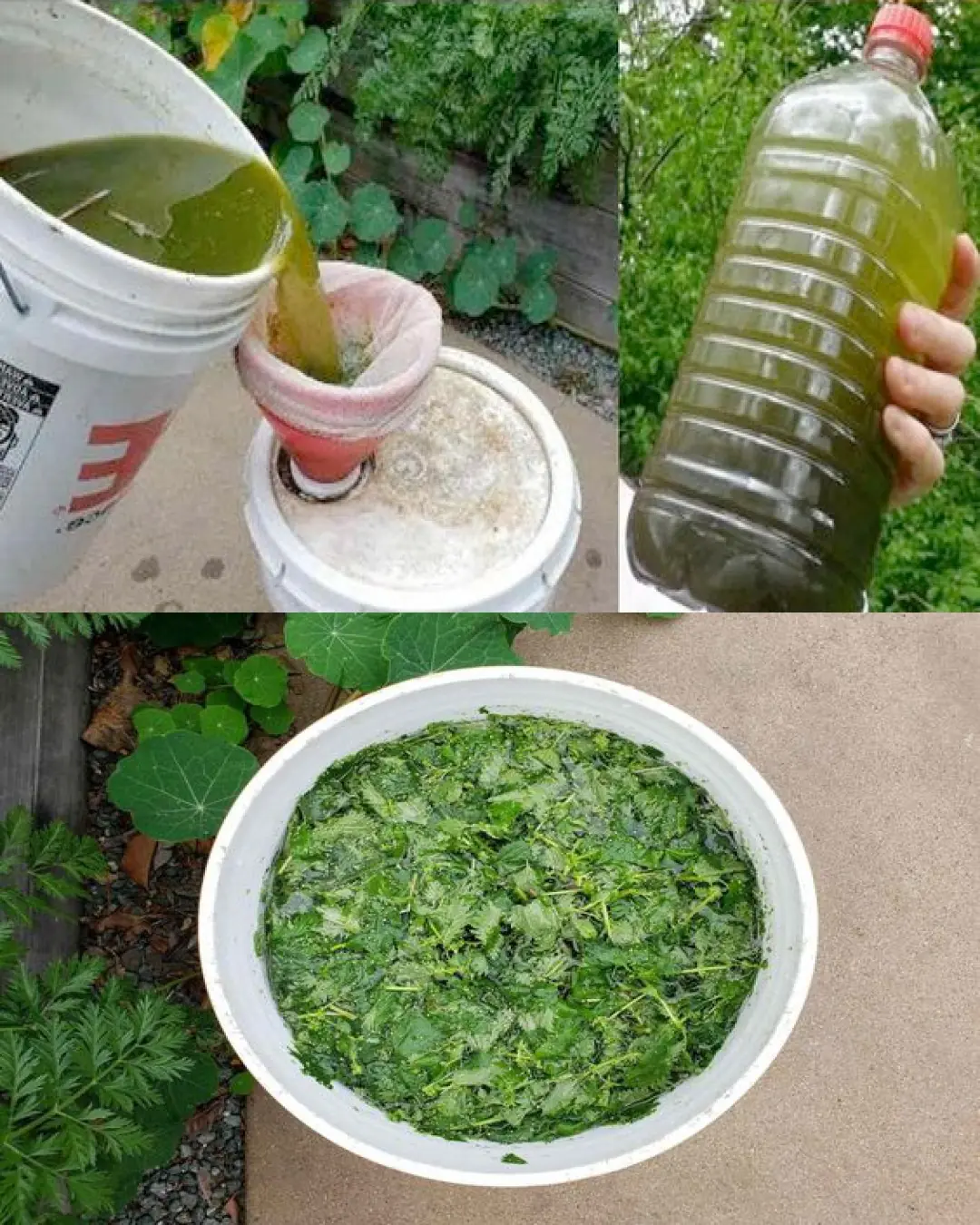
Unleash the Versatility of Nettle: 11 Non-Stinging Ways to Harness its Power
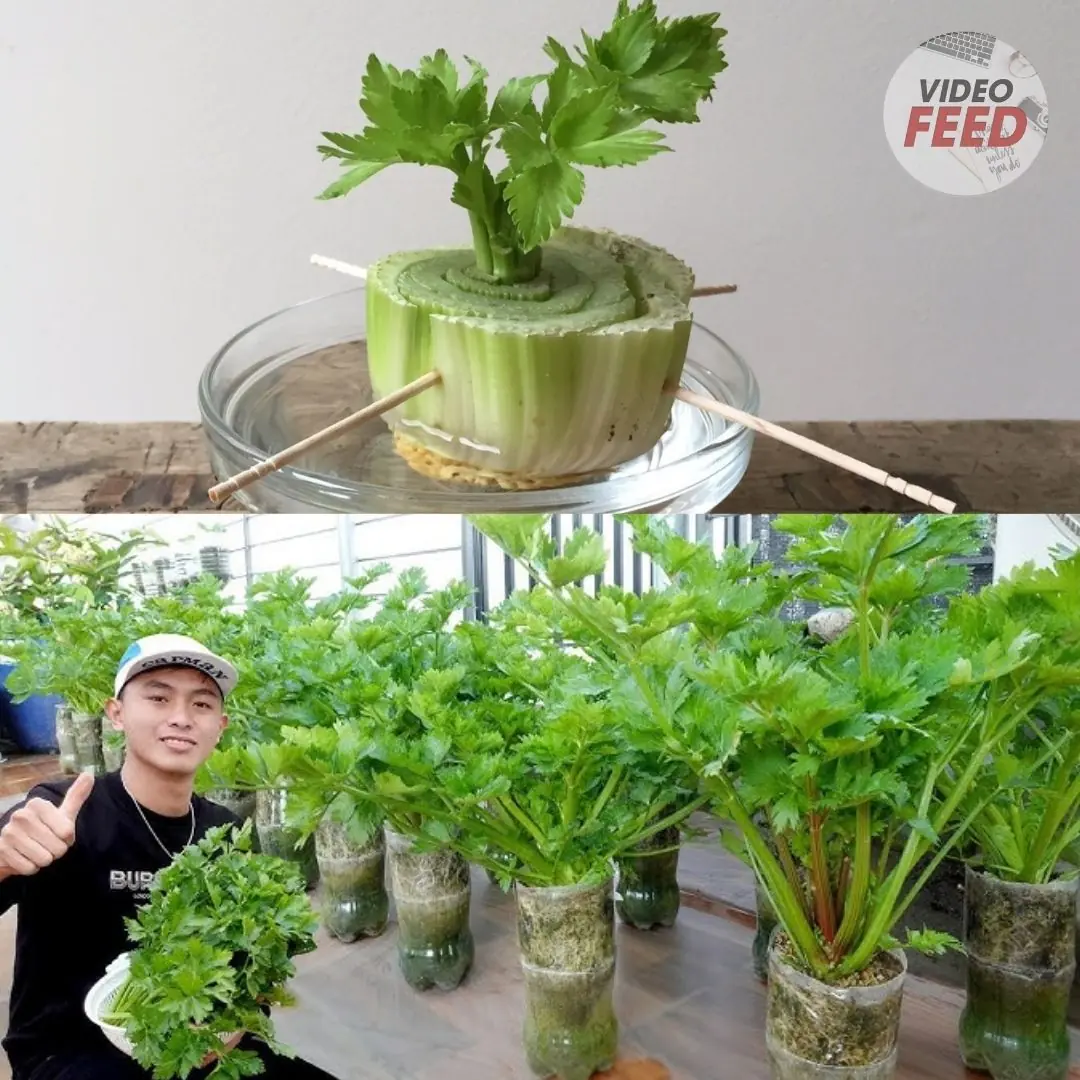
How To Regrow Celery From Scraps
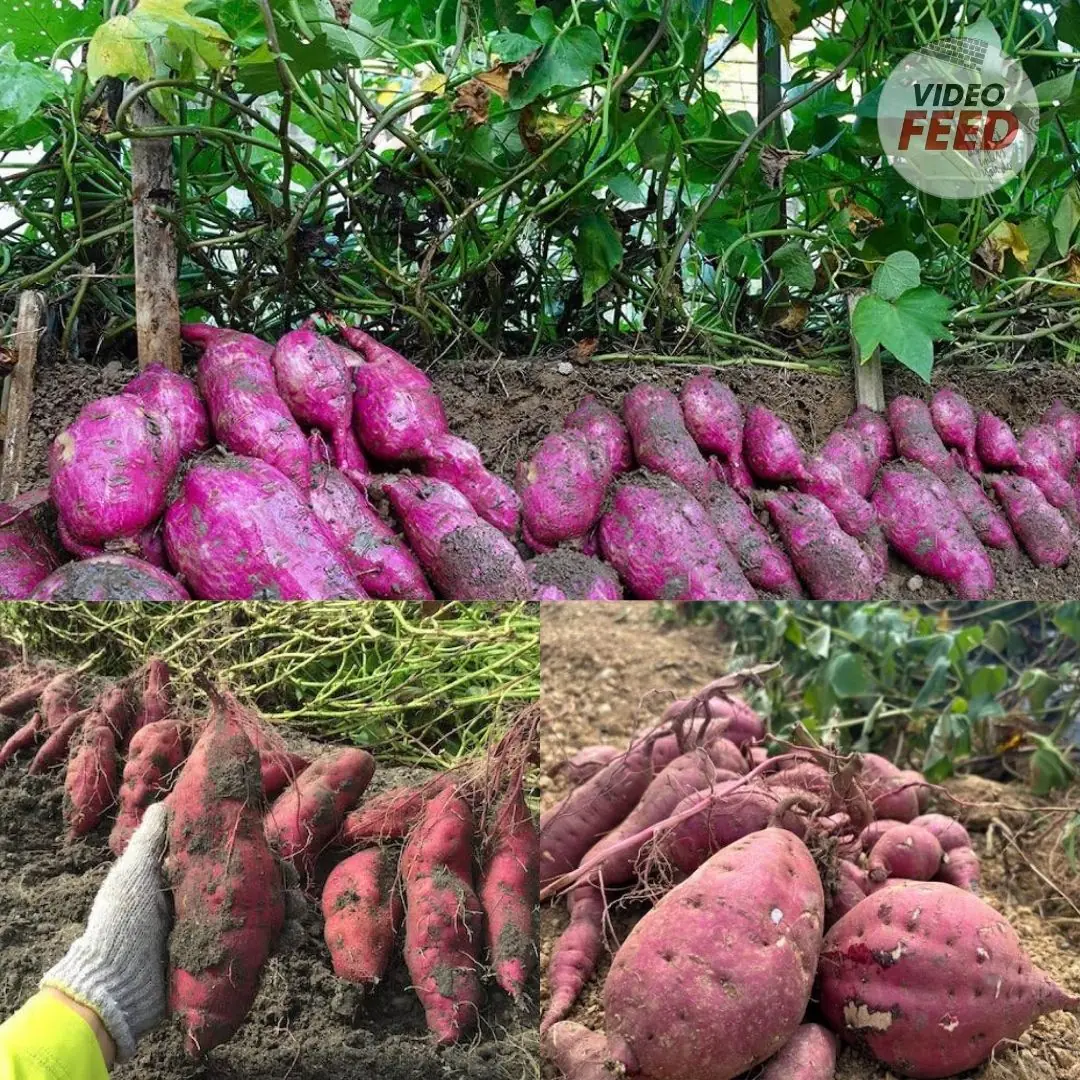
How To Grow Sweet Potatoes: Ultimate Care & Growing Guide
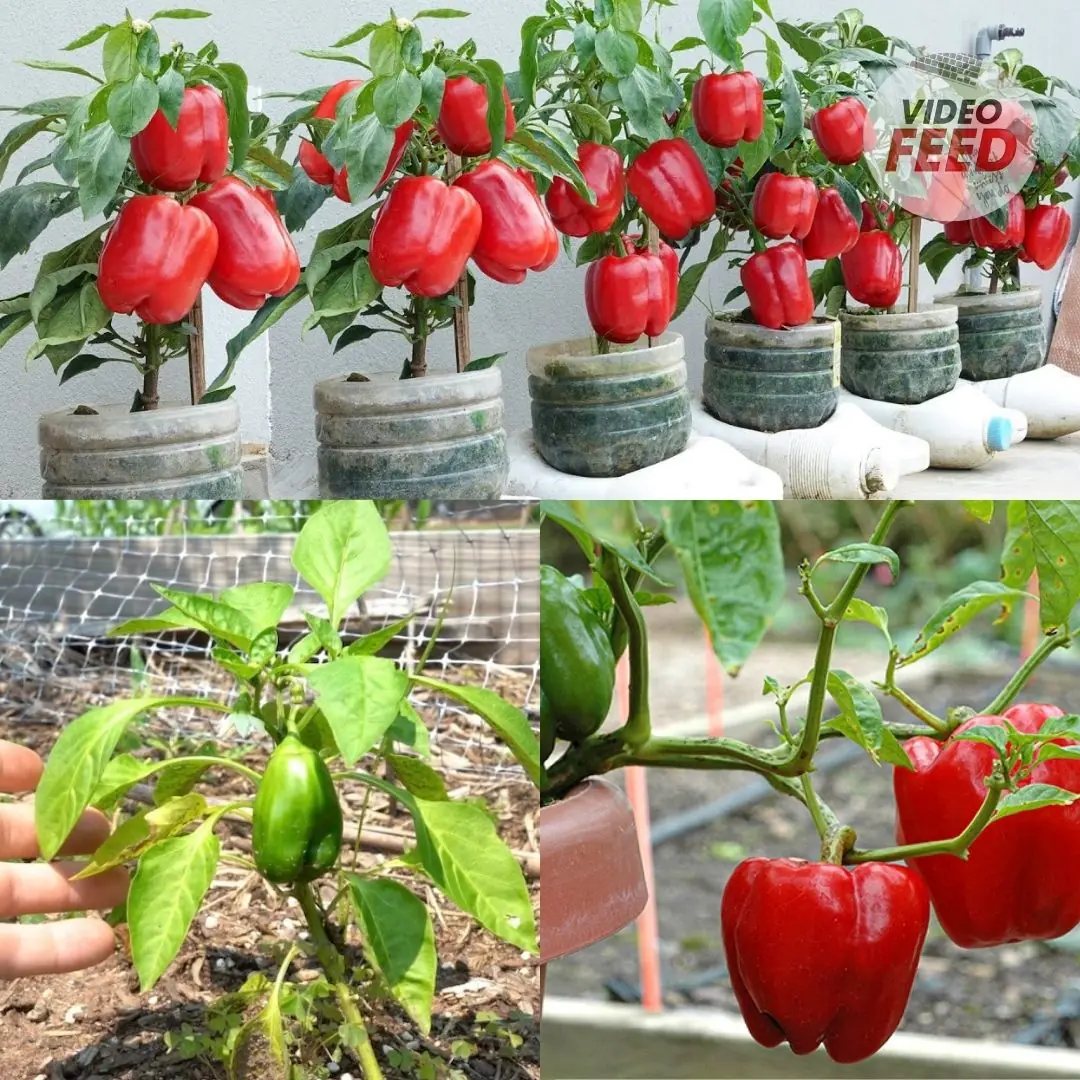
Growing Beautiful Bell Peppers in Sunny SoCal
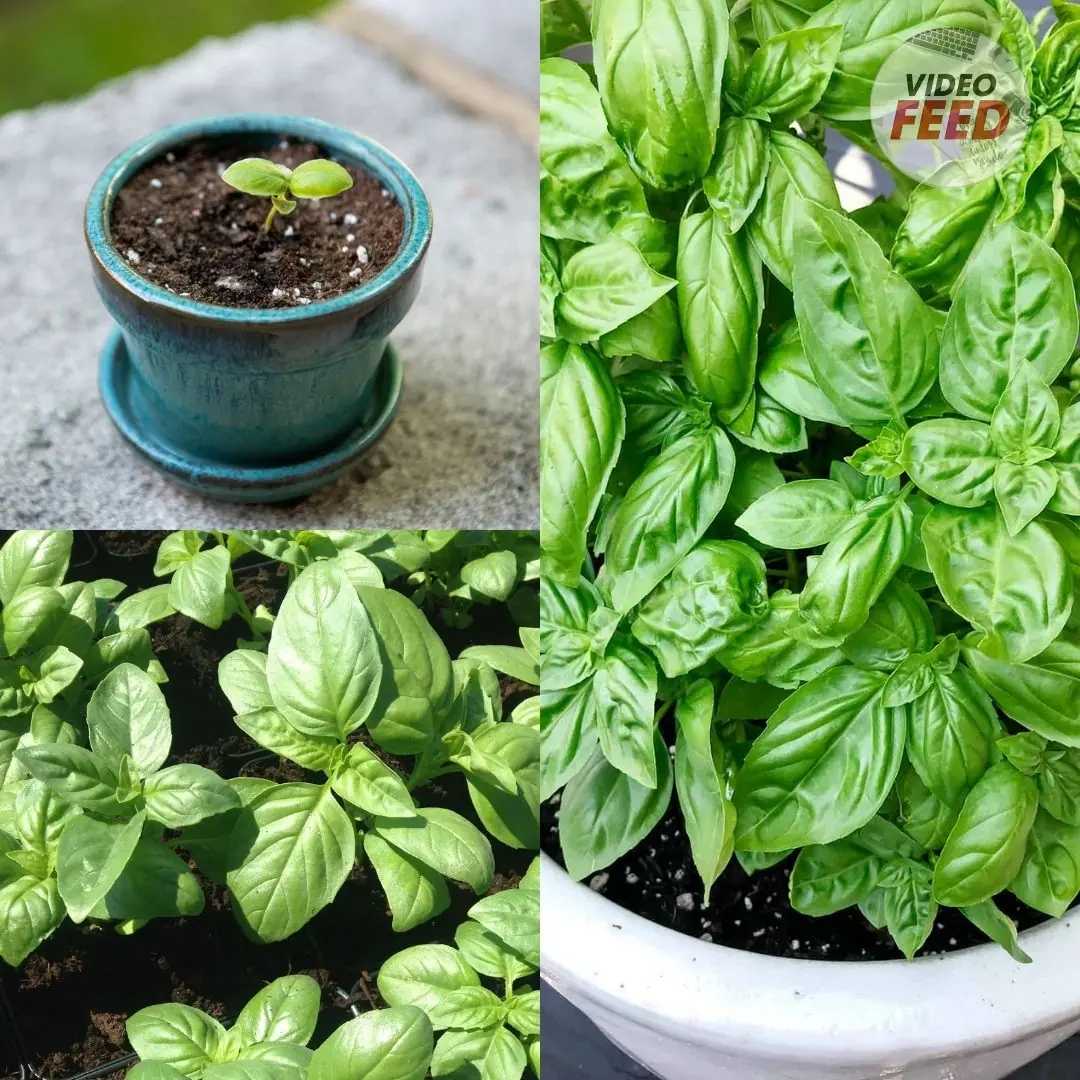
5 Tips to Grow Basil Like a Boss
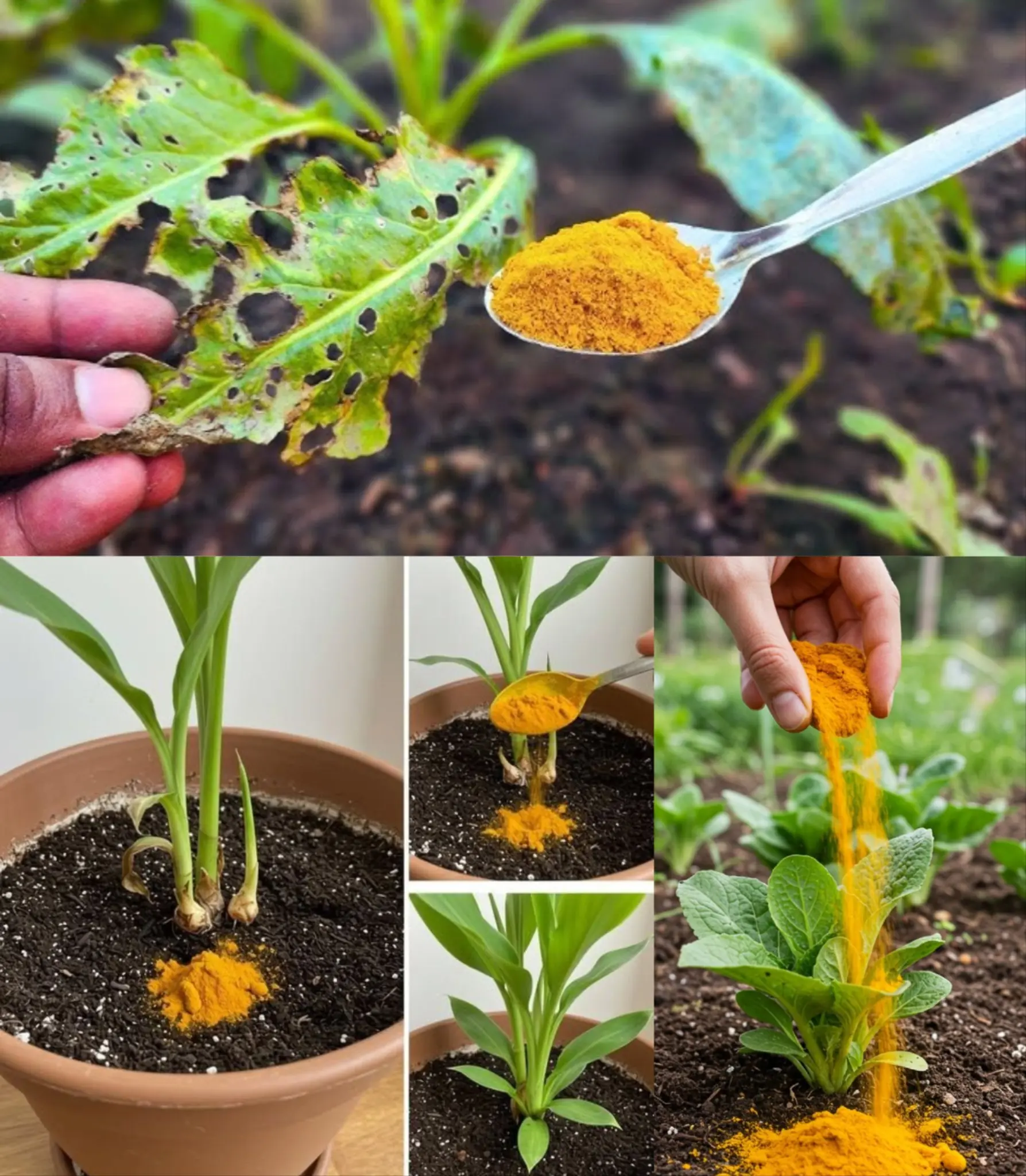
Transform your garden with the magic of turmeric!
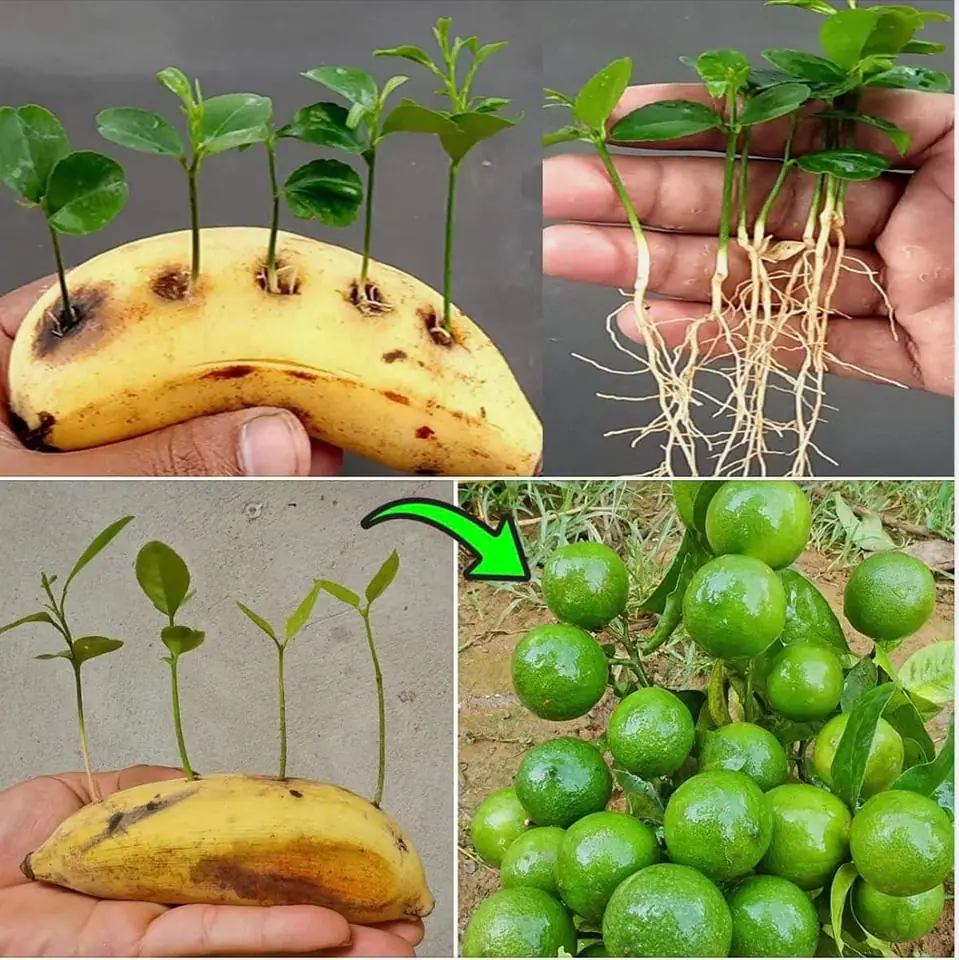
Unleashing the Magic: Lemon Seeds in Banana for Healthy Sprouting
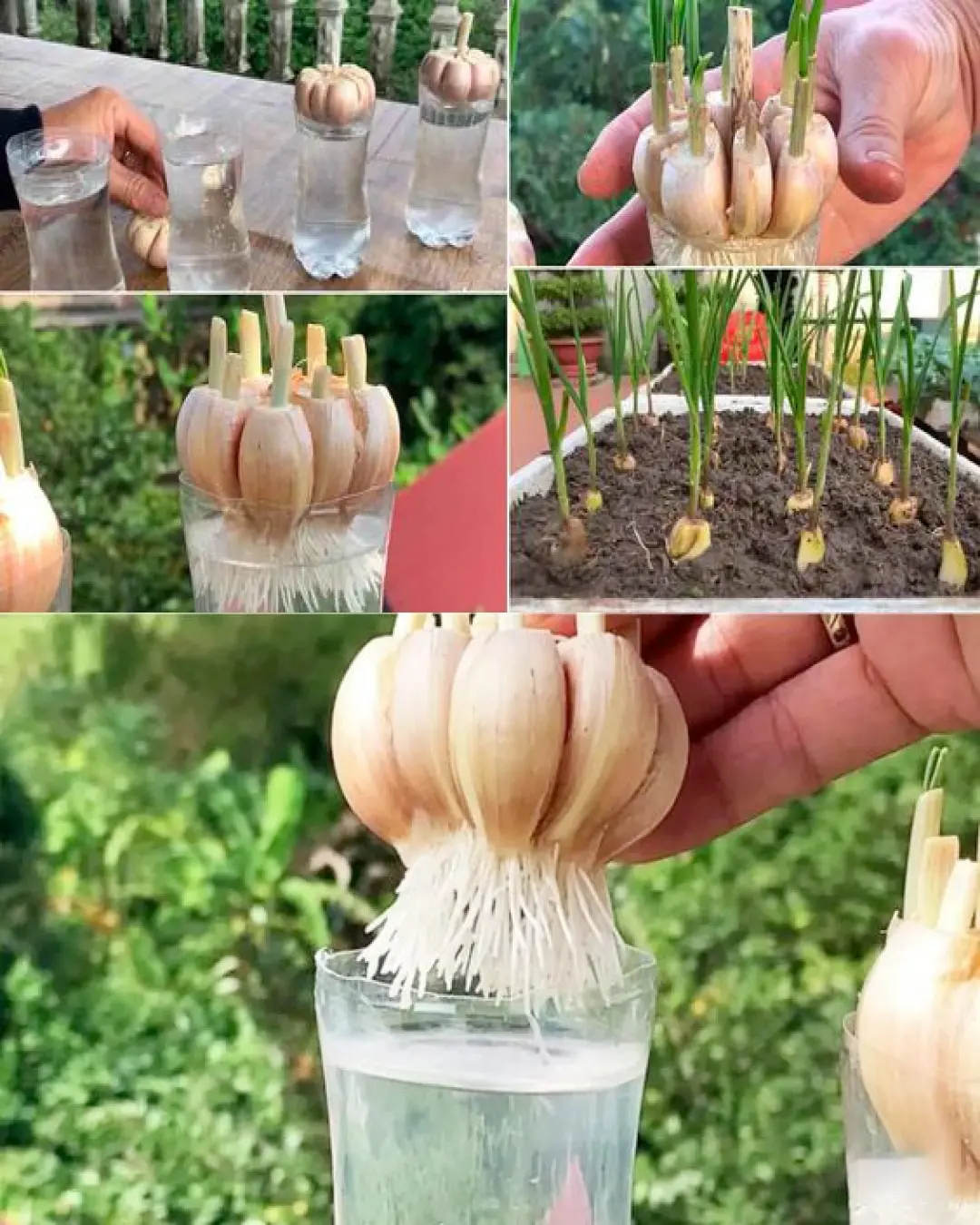
How to grow garlic indoors and care for it
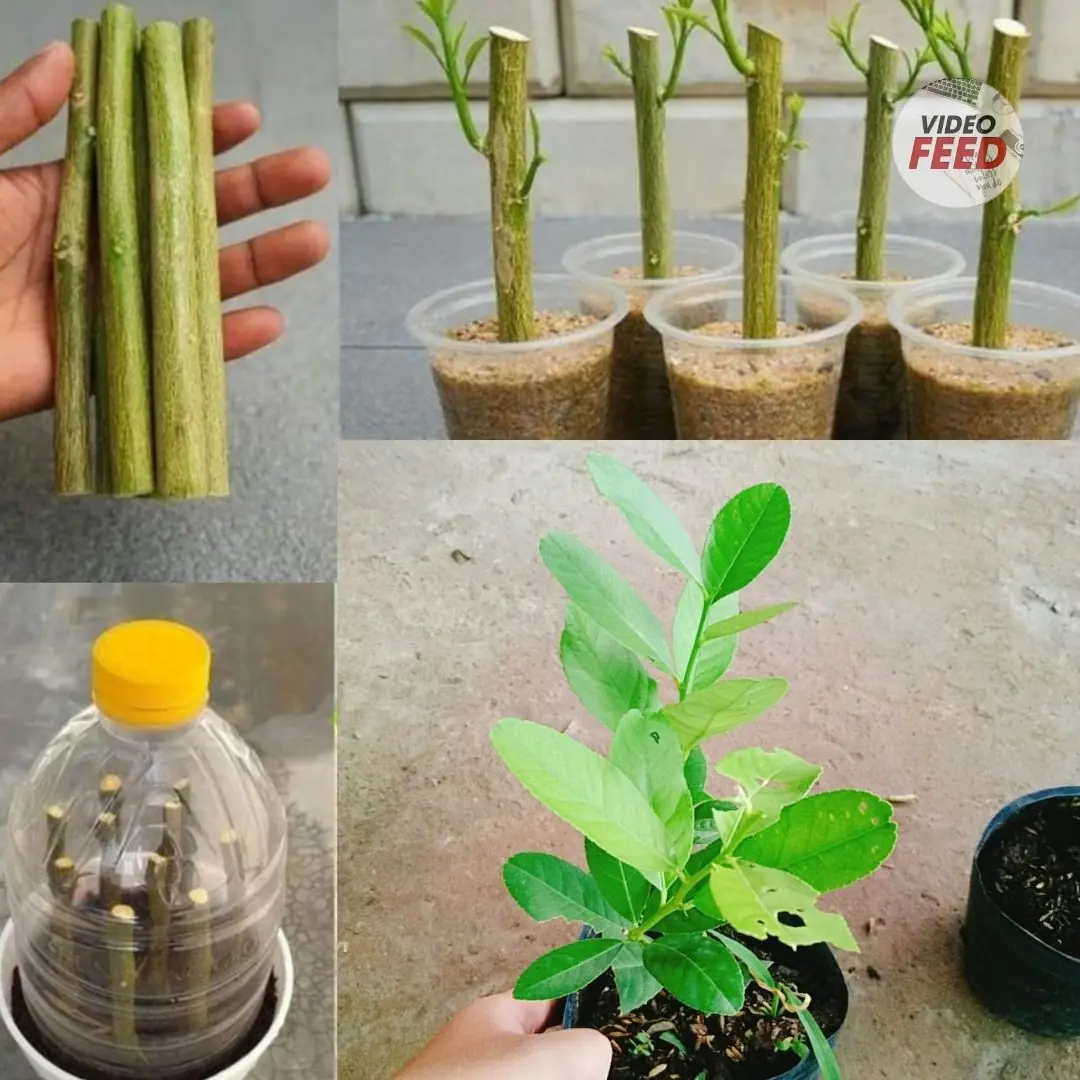
Techniques for propagating lemon trees from cuttings: From A to Z
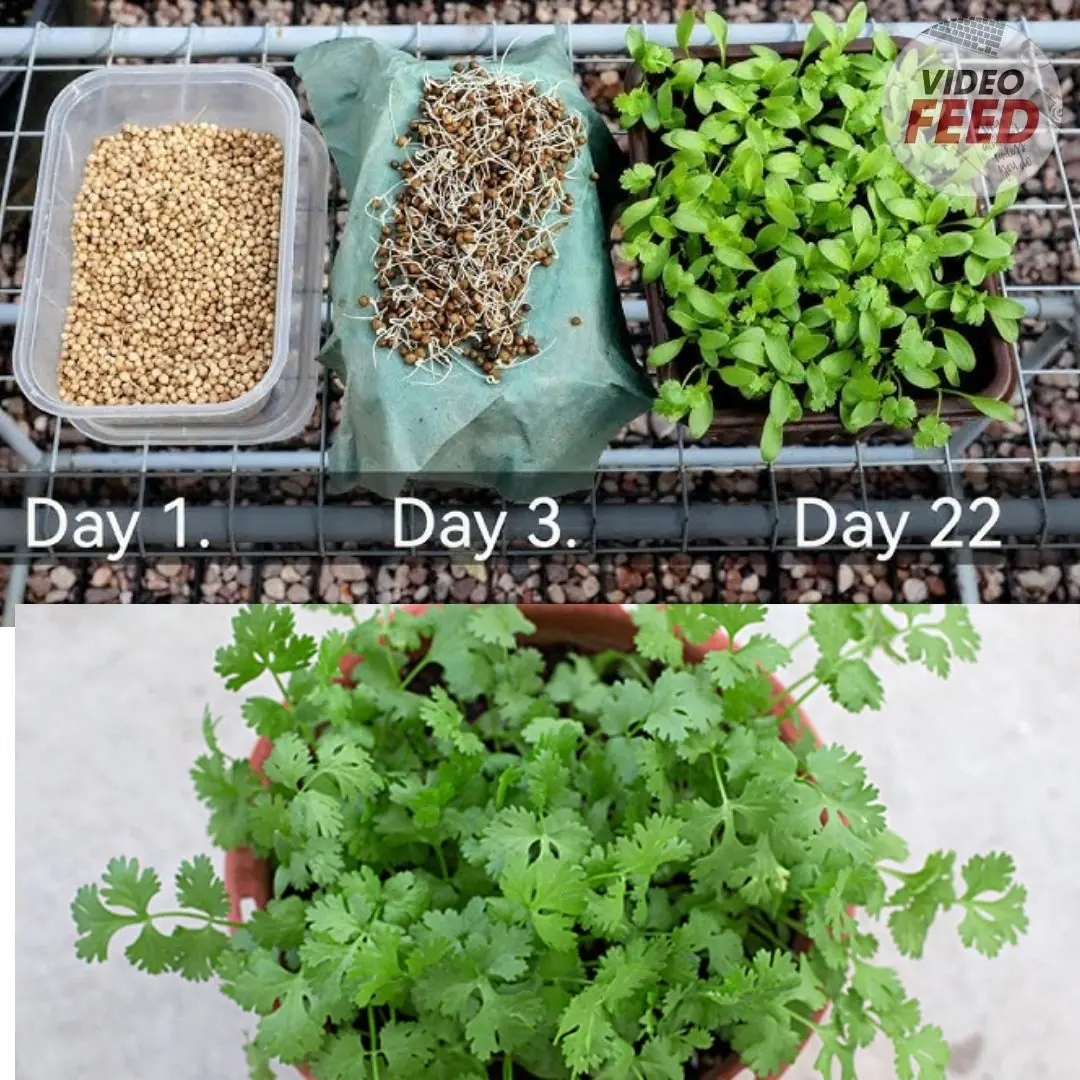
How to Grow Coriander at Home Using a Simple Hydroponic Method
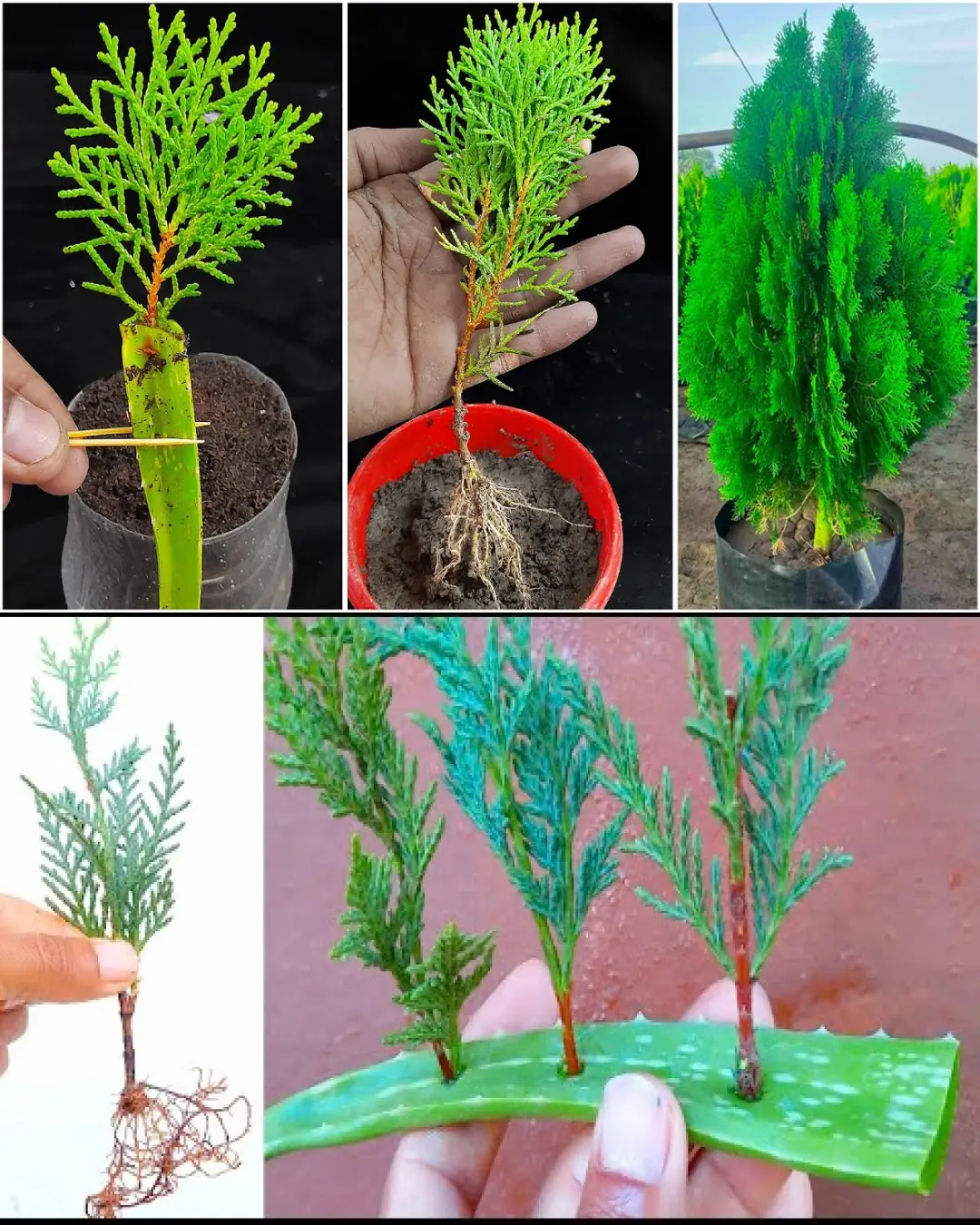
How to Propagate Thuja Plants from Cuttings Using Aloe Vera Gel
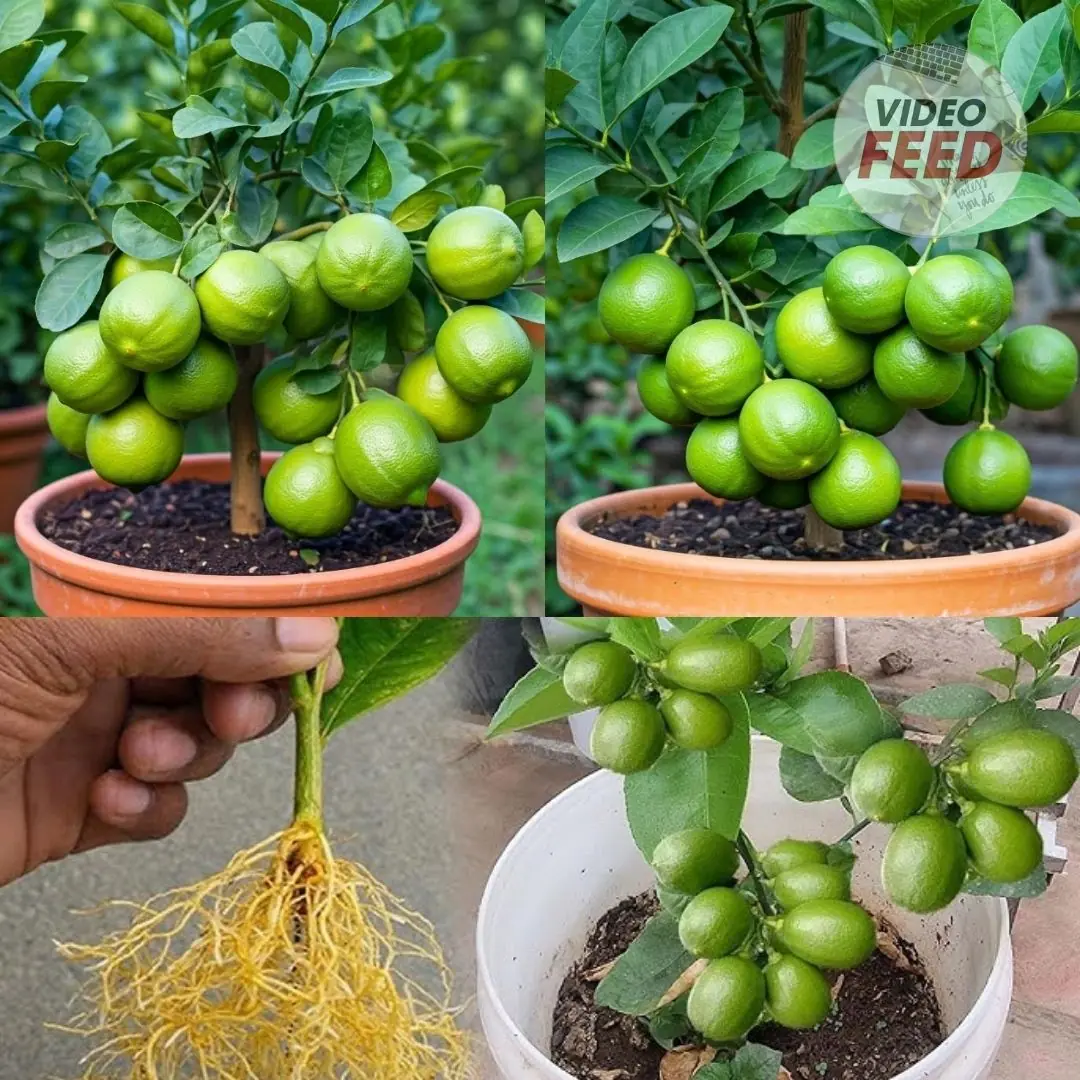
Lemon Tree Love: Simple Steps to Grow One at Home
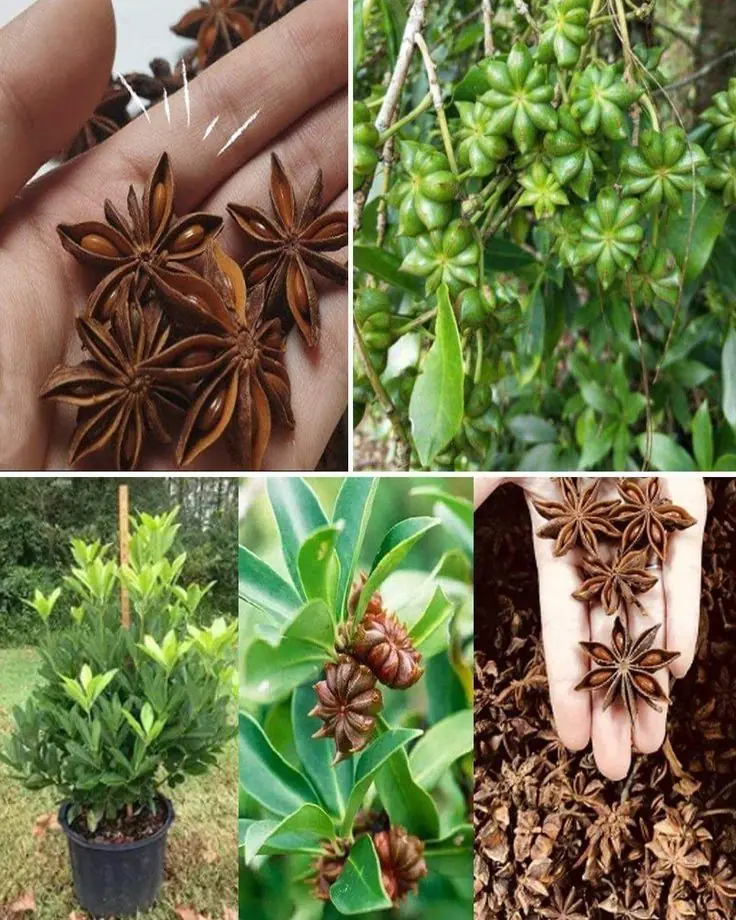
How to Grow Star Anise in a Pot – Exotic Spice at Home!
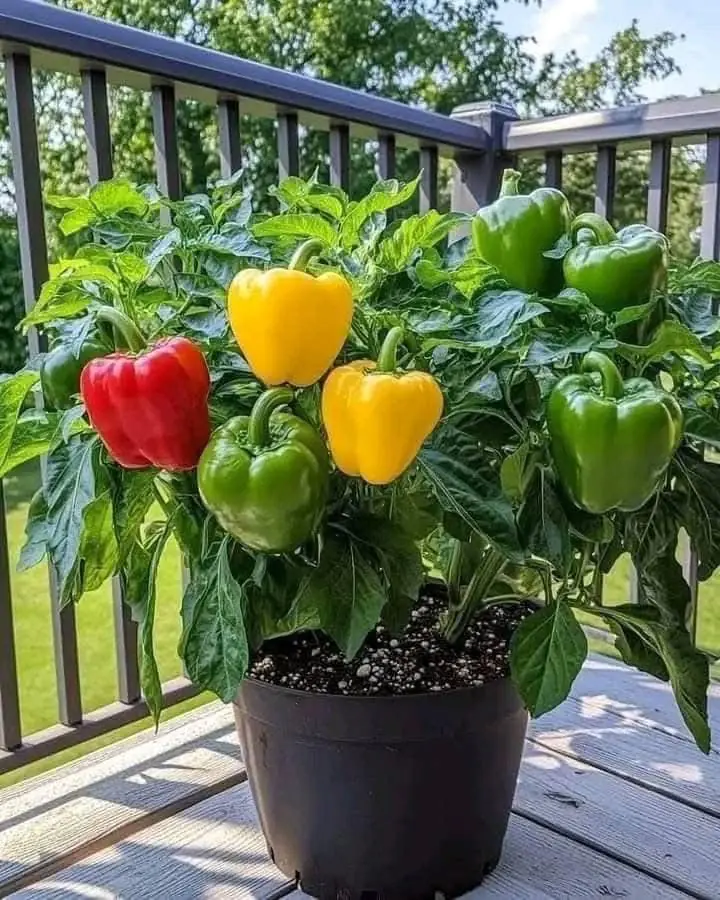
10 Tips for Growing a Big Pepper Harvest
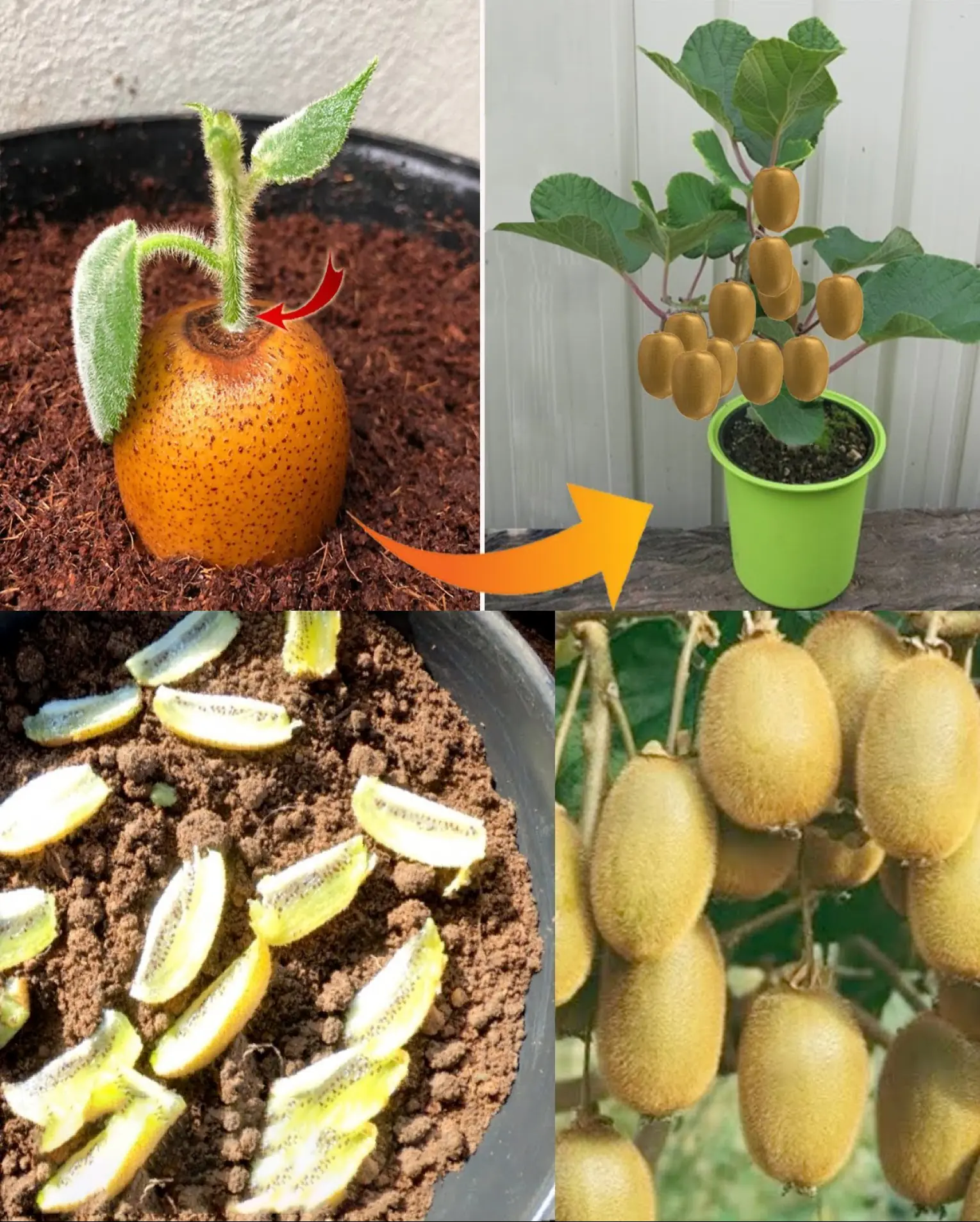
How to Grow Kiwi in Containers at Home
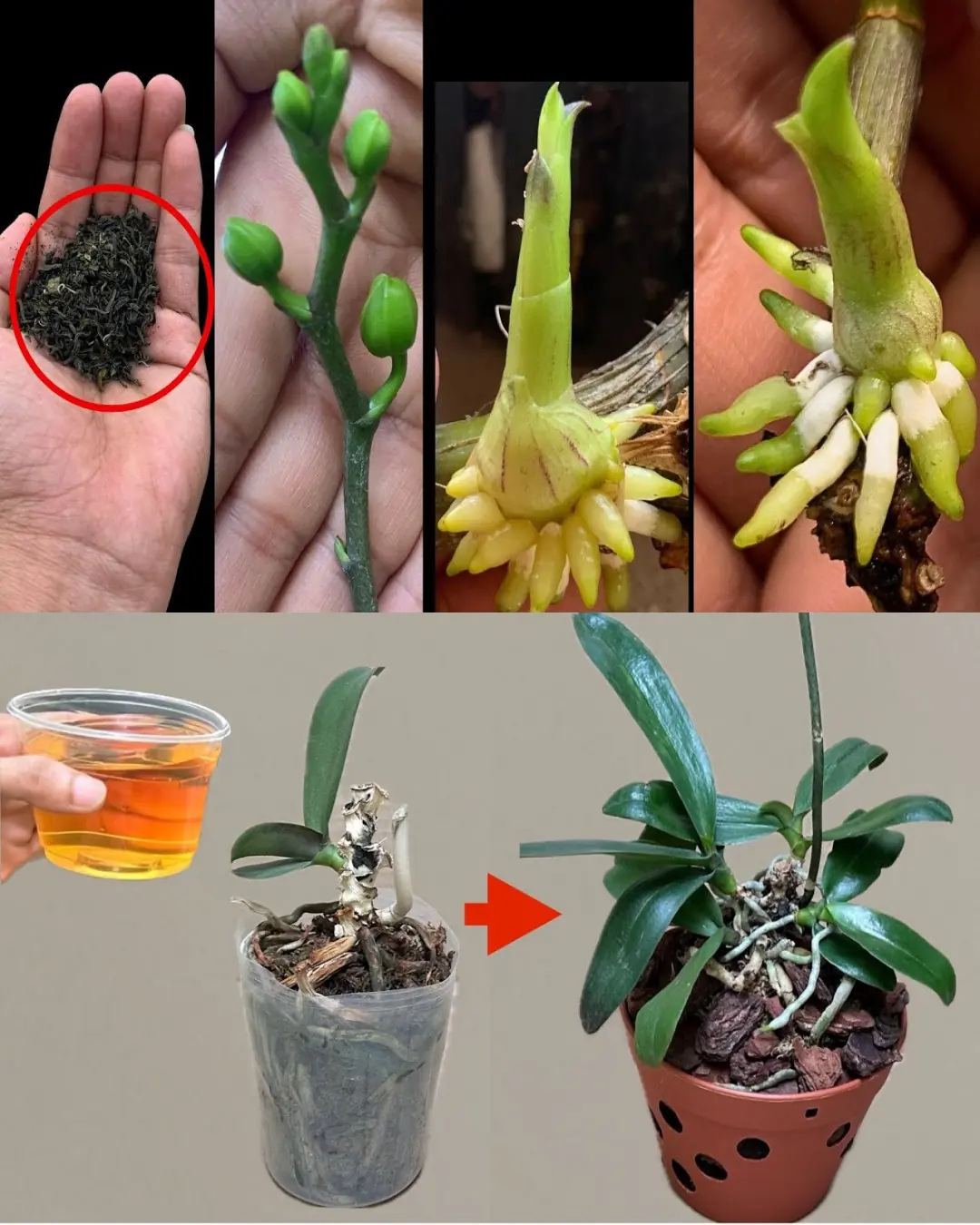
Revitalizing Orchids Using Tea: A Comprehensive Guide with Handy Tips
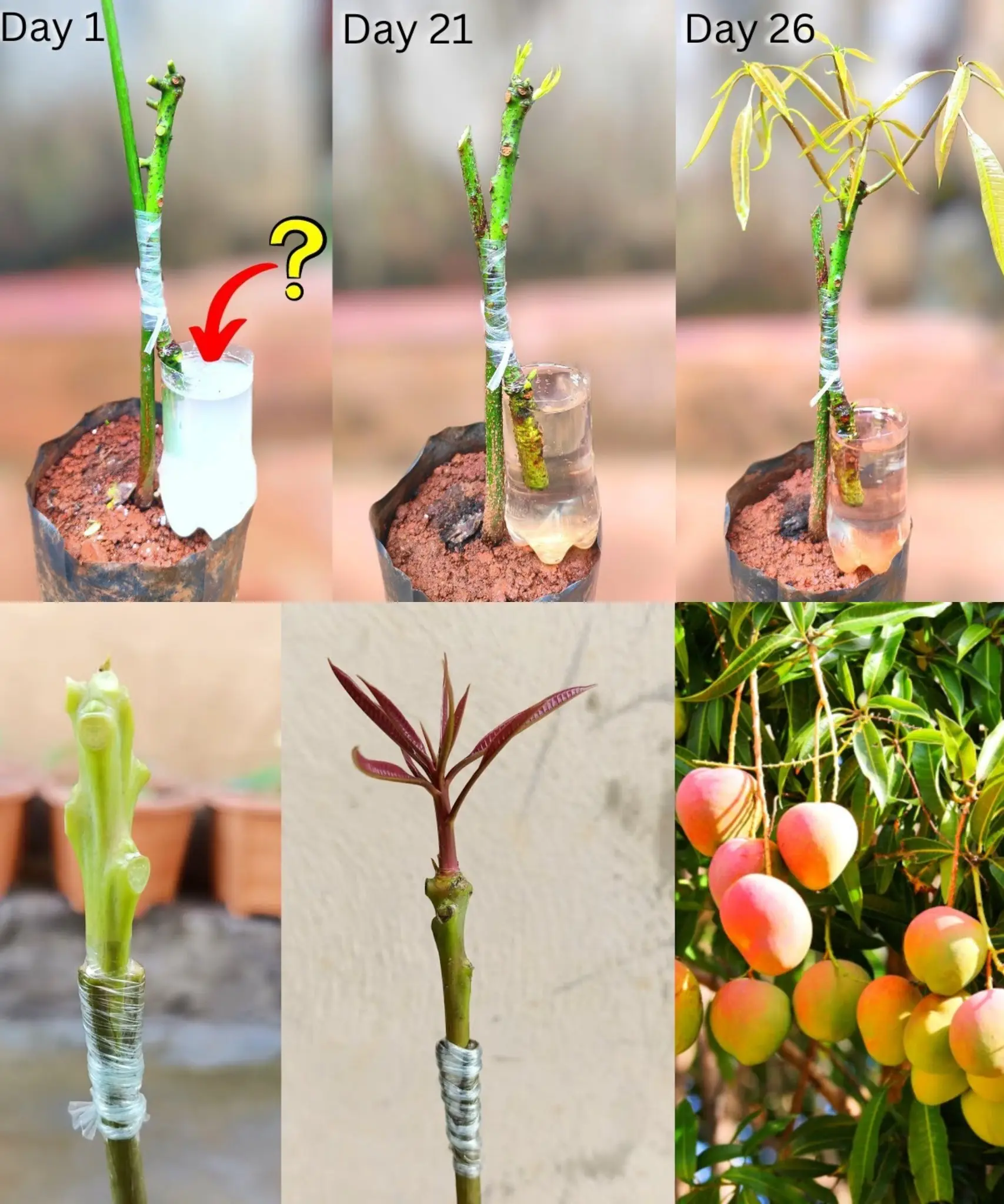
How to Plant a Mango Seed and Successfully Grow
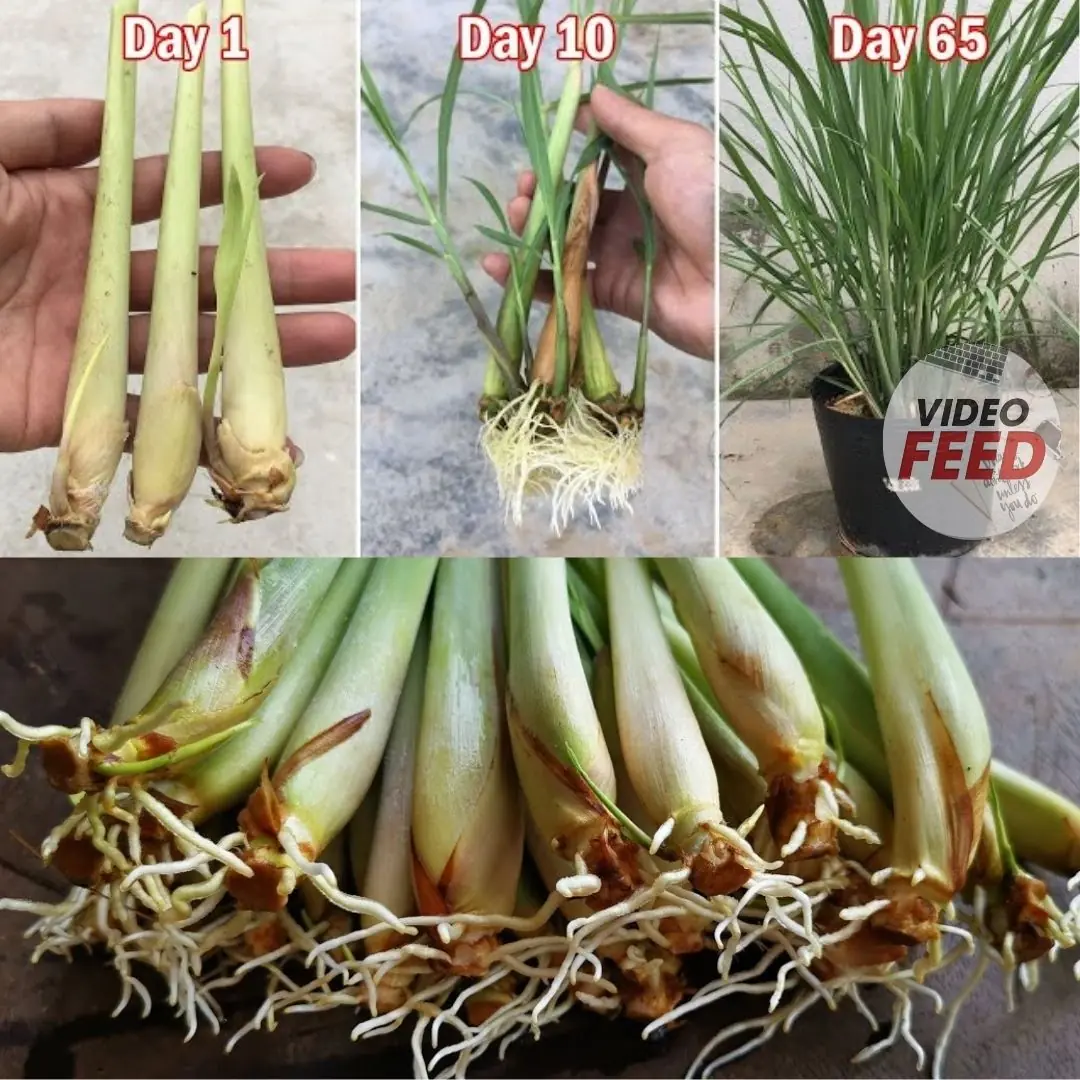
Secrets to growing lemongrass at home – easy to do, suitable for beginners
News Post

Learn How to Plant and Grow Cilantro (Coriander)

Unleash the Versatility of Nettle: 11 Non-Stinging Ways to Harness its Power

How To Regrow Celery From Scraps
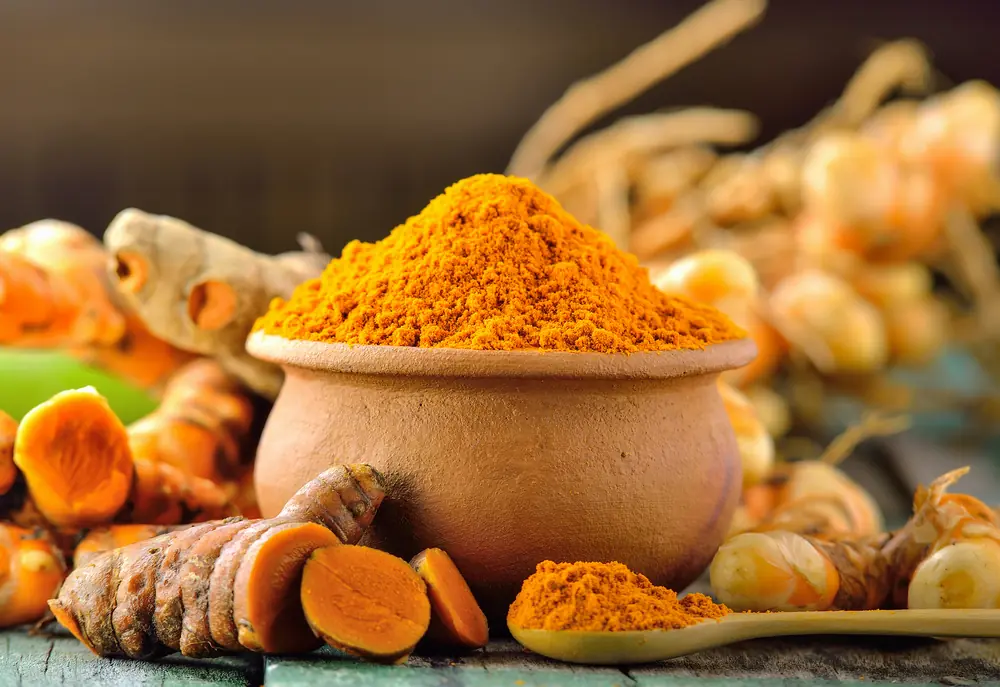
The wonderful health benefits of turmeric for human health

How To Grow Sweet Potatoes: Ultimate Care & Growing Guide
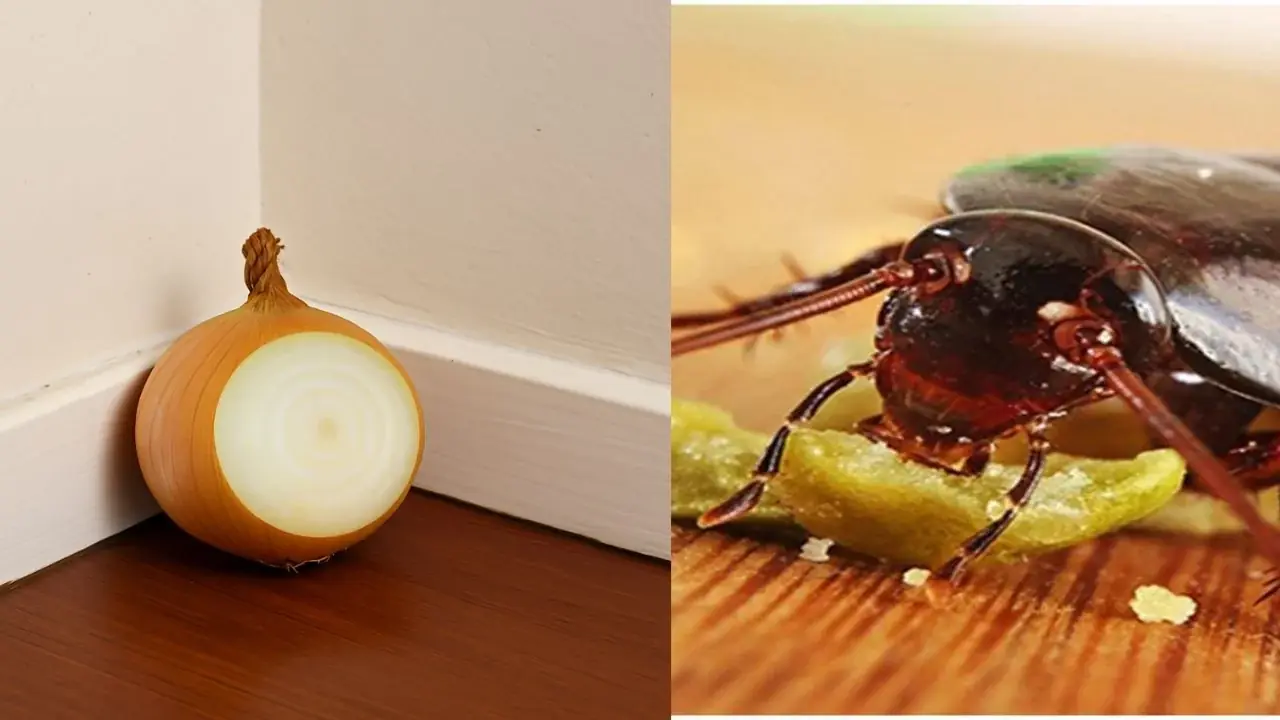
4 great uses of placing an onion in the corner of the room

Growing Beautiful Bell Peppers in Sunny SoCal

Should you turn the lights on or off when sleeping in a hotel?
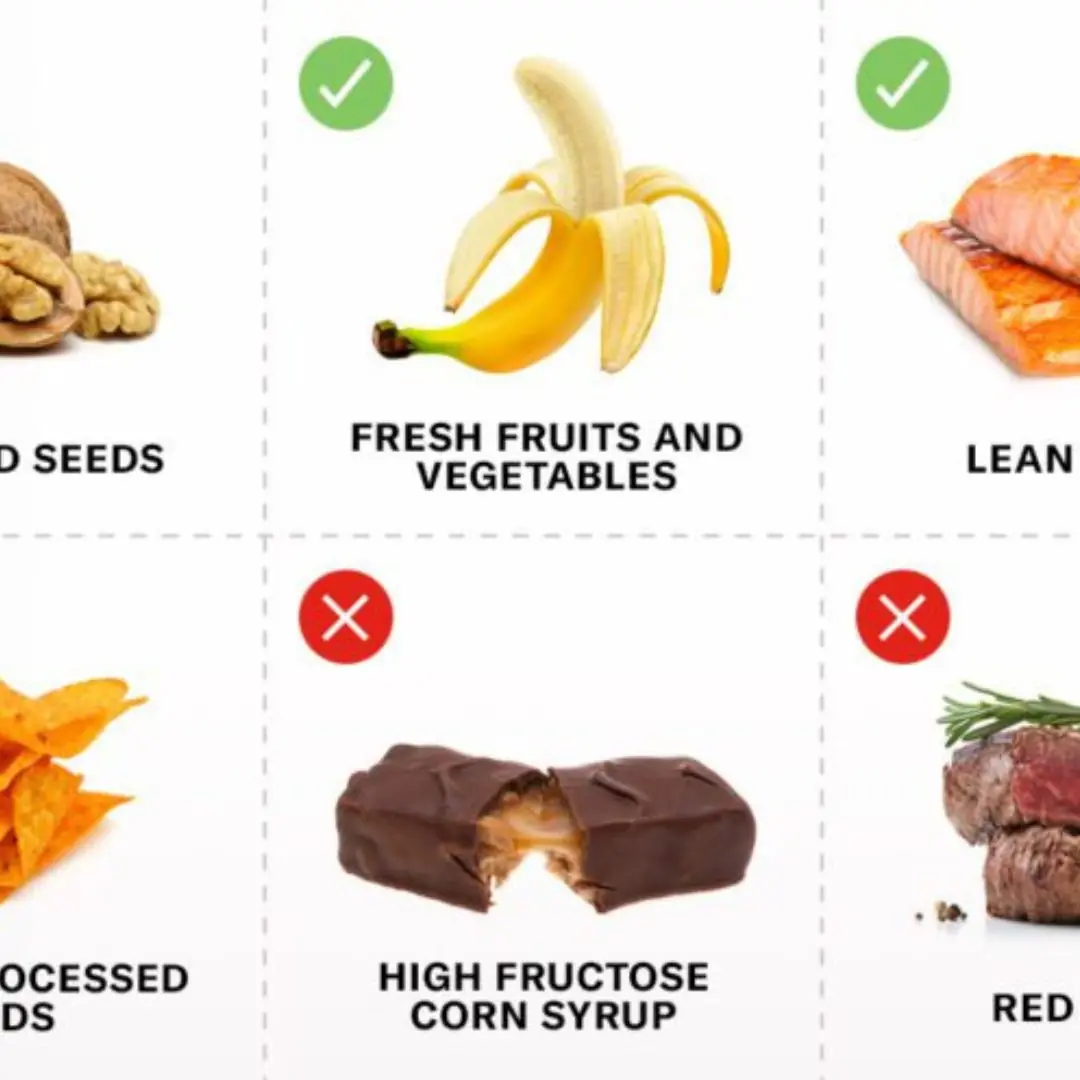
What To Eat During Your Period: Foods That Help Reduce Cramps and Foods To Avoid

5 Tips to Grow Basil Like a Boss

RM, V, Jung Kook, and Jimin will soon be discharged from the military
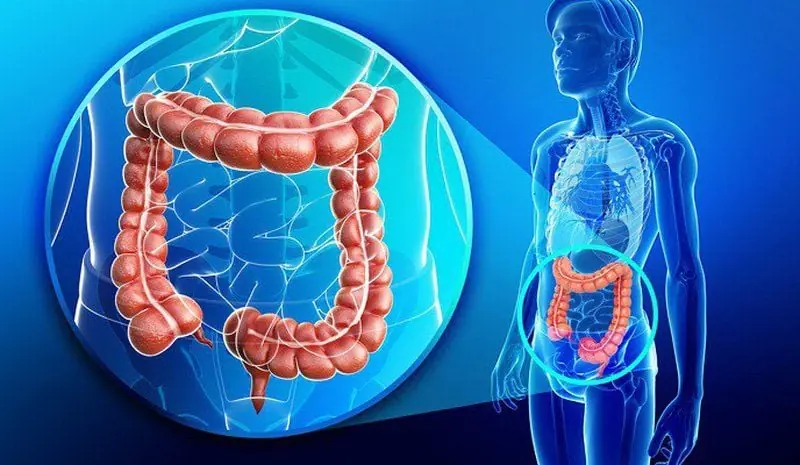
5 habits to prevent colorectal can:cer
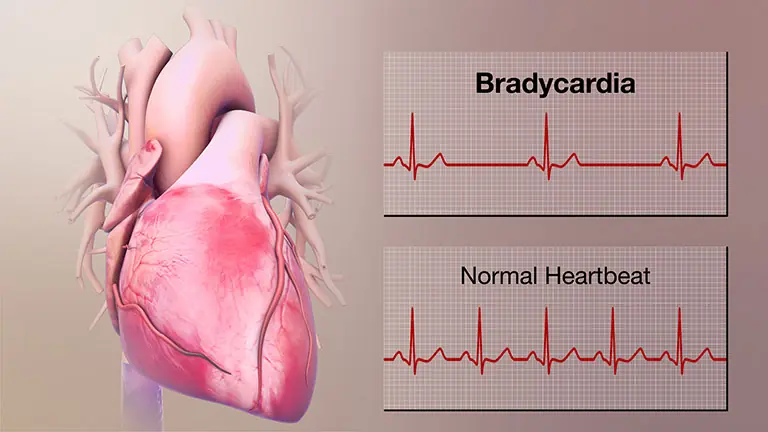
What is the disease of irregular fast and slow heartbeat?
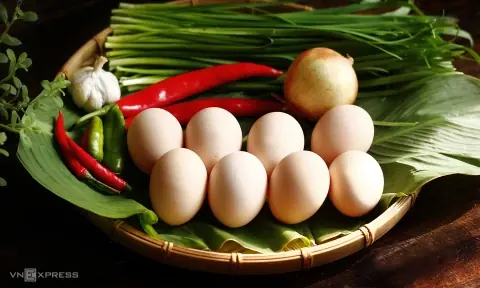
How many eggs should you eat a week?
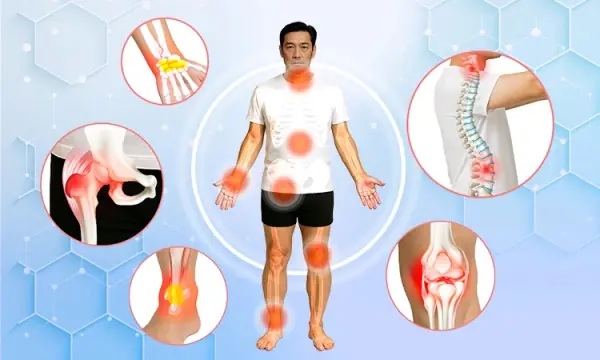
What happens when joints degenerate?
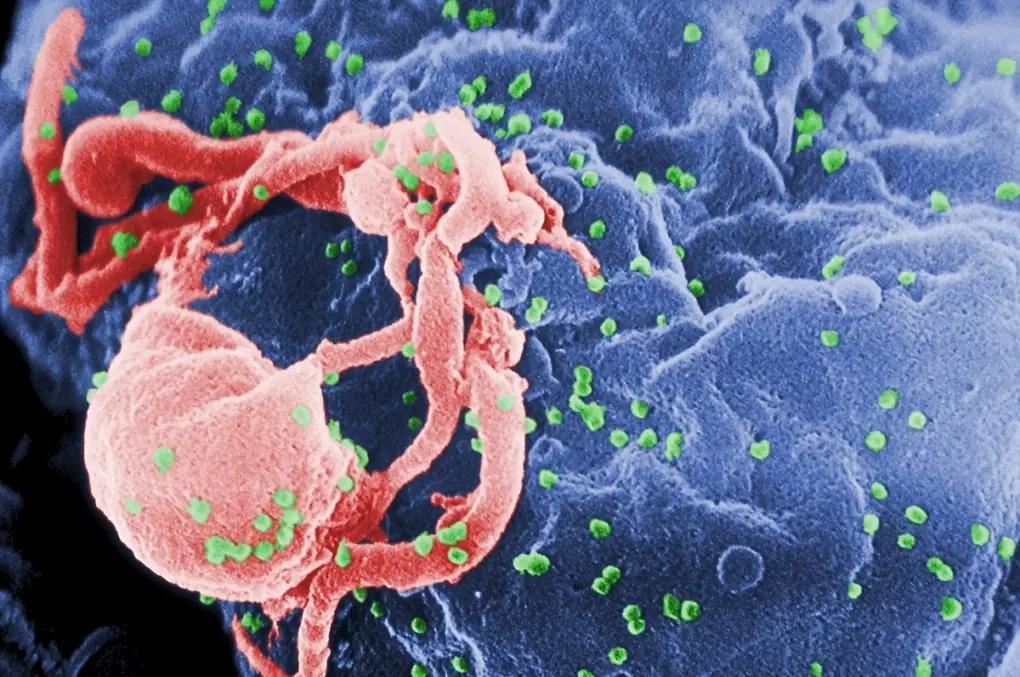
Potential way to cure HIV permanently found
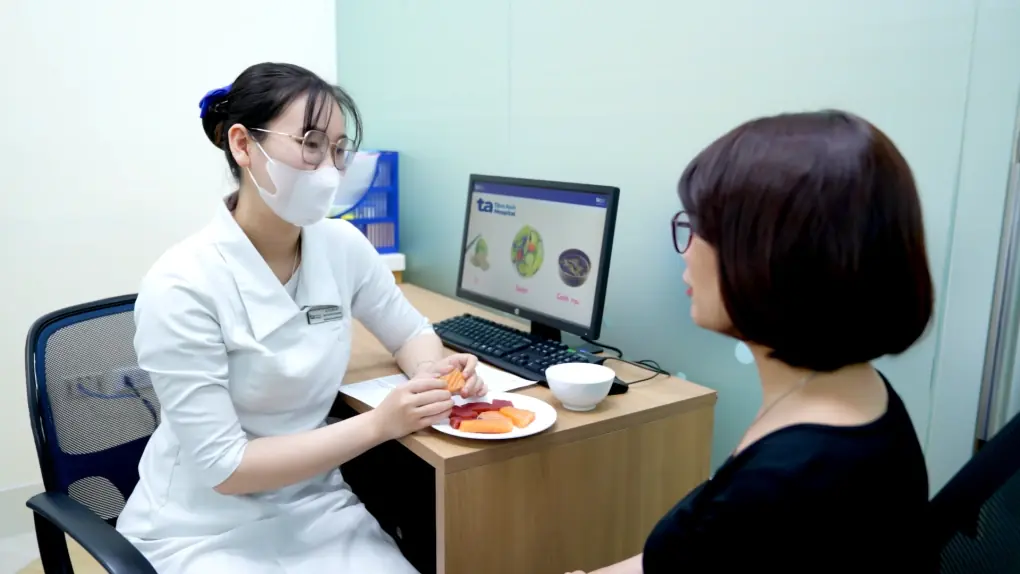
What happens when you eat too much saturated fat?

Transform your garden with the magic of turmeric!
